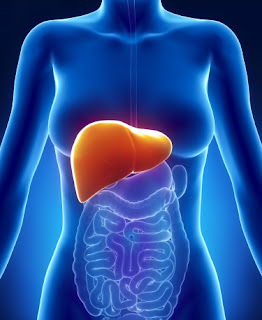What about analgesics and young people?

Analgesics, commonly known as 'painkillers', are exactly that - drugs that are designed to relieve physical pain. There are a variety of medications that a doctor may prescribe a patient, but for the purpose of this piece we will be discussing some of the commonly used over-the-counter (OTC) analgesics, such as: aspirin codeine (usually in combination products) paracetemol ibuprofen It is important to note that most analgesics are safe to use when taken as prescribed or instructed by a doctor or pharmacist, together with the manufacturer's instructions that are listed on the packaging. Over the last few months whilst visiting schools, however, I have become aware of some fairly frightening behaviour as far as analgesic use is concerned. Here are just a few examples: a 15 year old girl who was using 4 Panadols at a time because she was feeling depressed a Year 11 young man who was taking two Nurofen to ease his anxiety before taking an exam a group of young men ...


